Curriculum Summary



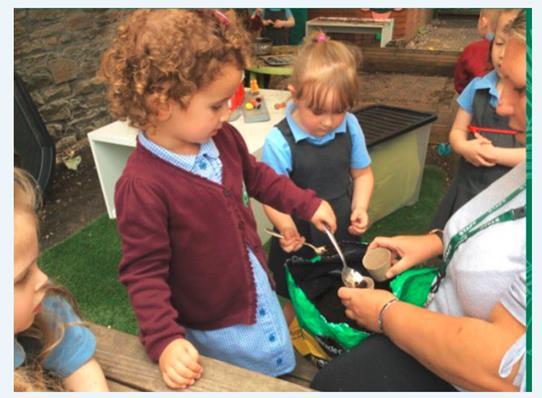
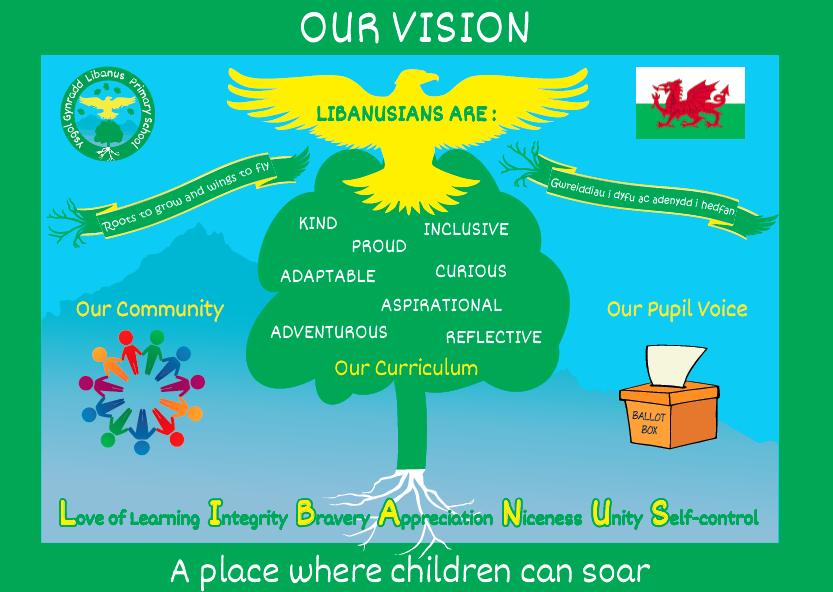
Our Vision has been developed by all stakeholders as a result of stakeholder surveys, pupil consultation activities, staff
INSET activities and Governing Body meetings. Our vision and values are at the heart of everything we do at Libanus Primary School.
Our Values - LIBANUS
Love of Learning Integrity Bravery Appreciation Niceness Unity Self-control
Curious
Motivation
Work ethic
Enthusiasm
Enjoyment
Respectful
Honest
Open mindedness
Loyalty
Brave Courage
Well mannered
Good listener
Empathy
Understanding
Humility
Acceptance
Polite Friendly Caring Loving Kind
Ability to make friends
Manners
Compassion
Collaboration
Teamwork
Sharing Resilient Active
Ready
Tactfulness
Perseverance
Ability to deal with conflict and negativity
Positive attitude
Flexible and adaptable
Calmness
Punctuality
Self-discipline
Patience

Our Curriculum Journey


Our Journey continues…
Our Curriculum
Our school curriculum is everything a learner experiences whilst at Libanus. When designing our curriculum we have consulted pupils, parents, governors and the community to ensure we have developed a curriculum that is relevant, authentic and meets the needs of all of our pupils. Our curriculum is broad and balanced and ignites a passion for learning. We ensure that our curriculum embodies the Curriculum for Wales Core Purposes. Our characters help us understand how to embody the Core Purposes. They underpin everything we do at Libanus. Pupils are able to talk confidently about the attributes of each character and aspire to be a true Libanusian!
Libanus Primary School have worked closely with schools in the Blackwood Cluster to develop a cluster approach to curriculum design. While we retain our own individuality and ensure our curriculum is relevant to Libanus pupils we ensure that there is a consistency of skills throughoutthe cluster to enable effective transition.




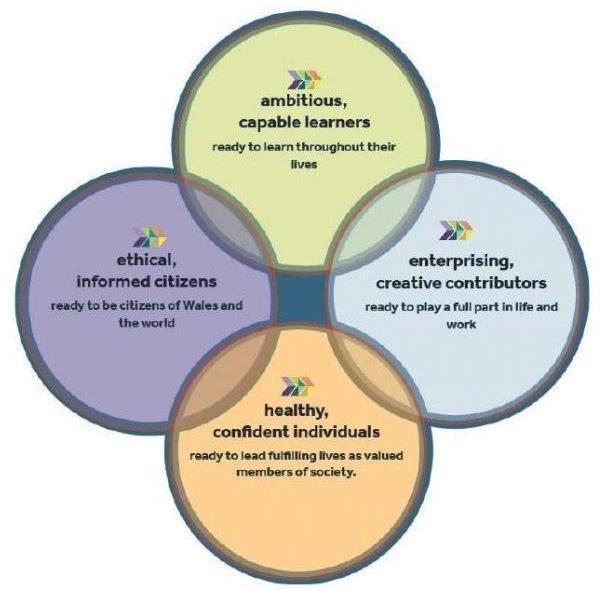
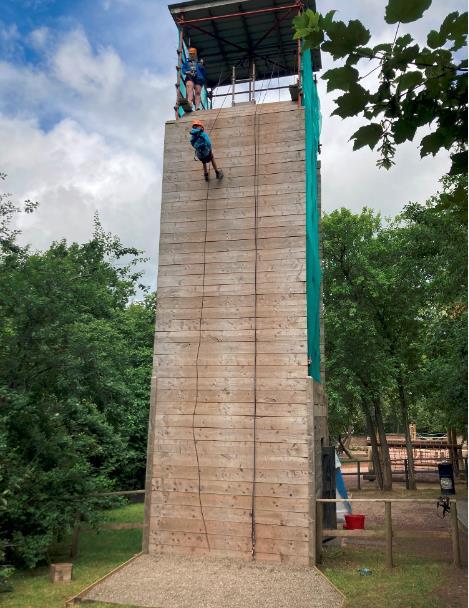

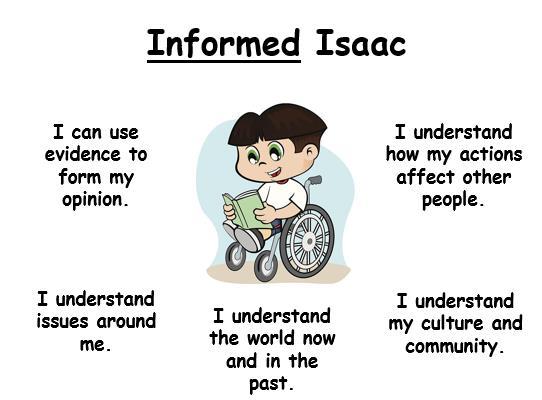


Our Curriculum
The Curriculum for Wales gives us the freedomto design a curriculum for pupils at Libanus Primary School.We have consulted pupils, parents, governors and the community when designing a curriculum thatis relevantto our pupils. Our curriculumis based onthe following:
The 6 Areas of Learning and Experiences
Expressive Arts Health & Wellbeing Mathematics & Numeracy Humanities Language, Literacy & Communication Science & Technology
Art
Music
Drama
Dance
Digital Media
Physical Health & Development
Mental Health
Emotional & Social Well-being
Conceptual understanding
Communication using symbols
Fluency
Logical reasoning
Strategic competence
Geography History
Religion, Values & Ethics
Social Studies
Business Studies
English
Welsh International Languages
Literature
Biology
Chemistry
Physics
Computer Science
Design & Technology
5 Cross-cutting Themes
Diversity Relationships and sexual education
Human Rights Careers & work-related experiences Local, National & International Contexts
3 Cross-curricular skills
Literacy Numeracy
Digital Competency

Our curriculum is based on Learning Themes which allow for the development of pupils’ knowledge, skills and experiences. Cross-cutting skills and cross-curricular skills are woven throughout our curriculum. Teachers have the flexibility to adapt the curriculum to ensure that current events and pupil interests are incorporatedinto planning.
We regularlyreview and refine our curriculum and ensure that it is in line with any changes to national policy documentationand it is relevant for the pupils each year. We ensure it is reviewed part of our ongoing Monitor,Evaluate and Review Cycle each year and stakeholdersare involved in this process
Religion, Values and Ethics
The new name for Religious Education in the Curriculum for Wales is Religion, Values and Ethics (RVE). RVE is mandatory for all learners from ages 3 to 16 in Wales. Parents and carers of primary school age children will not be able to withdraw their child from RVE.
The RVE your childrenreceive will be pluralistic. This means that RVE:
• must reflect the fact that religious traditions in Wales are in the main Christian while taking account of the teaching and practices of the otherprincipal religions representedin Wales
• must also reflect the fact that a number on non-religious philosophicalconvictionsare also held in Wales
At Libanus Primary School we ensure that RVE is also objective and critical, both in content and approach. This is because RVE is an academic subject for all pupils, whatever their personal beliefs or family background. RVE does not require or encourage pupils to be religious or non-religious, or to accept a prescribed viewpoint, and at Libanus we recognise this.
We will provide RVE that is planned sensitively and delivered with professional integrity. In addition to this, RVE will sit within the Humanities Area of learning and experience. This means that learning in RVE may not take place in a separate lesson, as it may have done before, but rather in an integrated way with other Humanities subjects, like history and geography. Also, RVE may be integrated with other subjects in other areas, including for example, music, art, or science.
If you have any questions about our RVE curriculum, or what your child might be learning about in RVEplease contact the school.
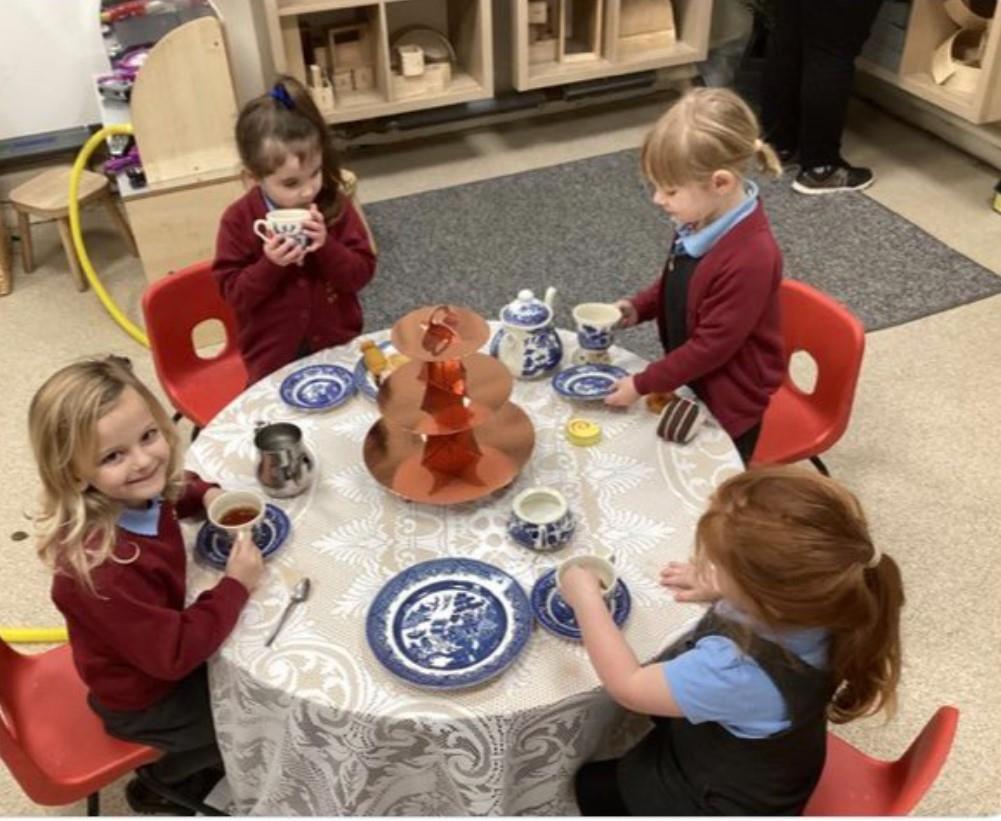
50 Things to do before I leave Libanus
We believe that our curriculum is everything a child experiences while at Libanus. It is important to ensure that our curriculum is holistic and develops the whole child. We consulted with parents, pupils, governors and the community to create our ‘50 things to do before I leave Libanus’. We ensure that pupils participate in a wide range of experiences that allow them to develop life longskills. These skills and experiences include:
• Cookery
• Cycling
• Swimming
• Residential visits in Years 3, 4, 5 and 6
• Outdoorlearning
• Extra curricularclubs
• And much more!
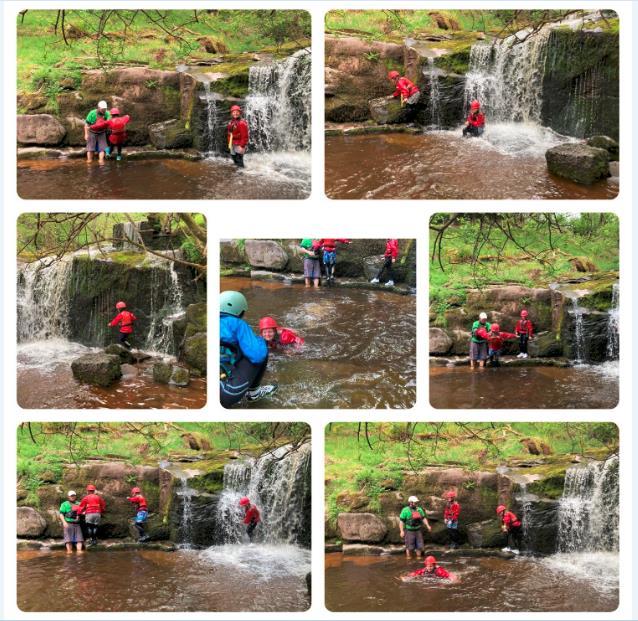



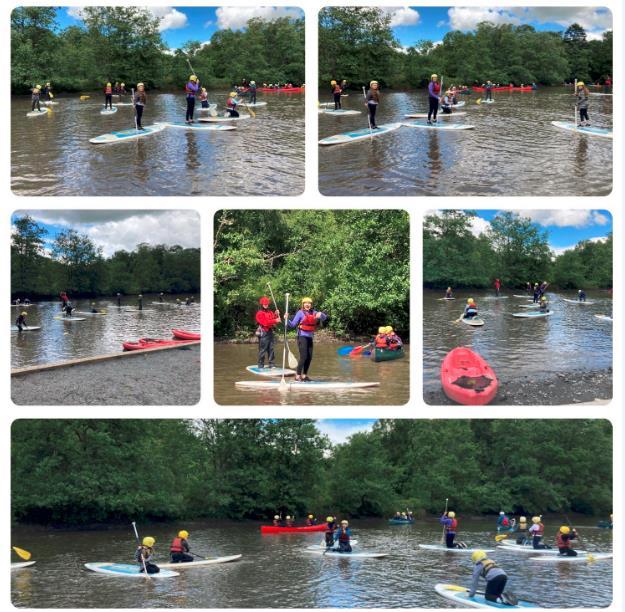
Our Teaching and Learning
Excellent teaching and learning is essential if we are to fulfil the Core Purposes, our vision as a school and the requirements of the Curriculum for Wales.
At Libanus we ensure that teachers facilitate learning and as highly skilled professionals they assist the pupils in influencing their learning (CHild Influenced Planning - CHIP) Our teachers use the views of our pupils to plan relevant, exciting and challenging experiences that cater for the needs of all learners. We constantly reflect and develop our teaching and learning practises based on the 12 Pedagogical Principles that are set out in the Curriculum for Wales. At Libanus we ensure that we use a range of innovative and creative methods of teaching and learning. We ensure we provide pupils and staff with a safe place to experiment and take risks. We believe that there are no mistakes, only learning opportunities. Our school is a learning organisation and staff regularly engage in professionallearning activities and researchto further develop teaching and learning.
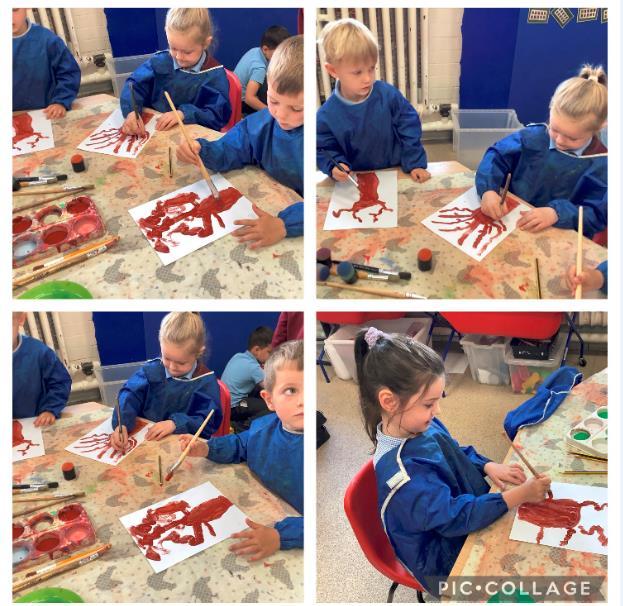
purpose Making powerful connections Cross-curricularexpectations
and power of effort Assessment for Learning Learning Autonomy (Learning to Learn)
Teaching Meaningful and authentic Positive Relationships
Thinking – critical and creative Building onpriorlearning and engagement Collaboration
12 Pedagogical Principles Overall
Mind-set
Blended
Deepening
Assessment and Progression
At Libanus Primary Schoolthe purposeof assessment is to supporteach individual learner to progressat an appropriatepace, ensuring they are supportedand challenged accordingly.It’s purpose is not forexternal accountability.
The three key reasonswe assessment are to:
• supportindividual learners onan ongoing, day-to-daybasis
• identify, capture and reflect onindividual learner progressover time
• understandgroupprogressin orderto reflect onpractice
The focus on assessment is to identifying where the learner is in their learning, their next steps and the support or challenge needed to move forward in their learning. We use a wide range of assessment strategies to support learners on a day to day basis (formative assessment). We also use a range of summative assessments to identify, capture and reflect on learner progress over time. These include reading, spelling, numeracy and well-being assessments. Parents will be kept informedof their child’sprogressthroughparent consultations and end of year pupil reports.
At Libanus we use the Descriptorsof Learning for each What’s Matters Statements to ensure we plan for learners’ progression.At Libanus we use a stage not age approachbut the Descriptorsof Learning broadlycorrespondto expectations of age 5, 8, 11, 14 and 16. We donot use these as a tick list of what pupils can do but as toolsto assist with planning. There are Principals of Progressionthat underpin the planning for learners’progressover time.

Progression
breadthof knowledge Deeping understandingof the ideas and disciplines in the Areas Refinement and growing sophisticationin the use and application of skills Making connections and transferring learning into new contexts
effectiveness.
Principles of
Increasing
Increasing



























